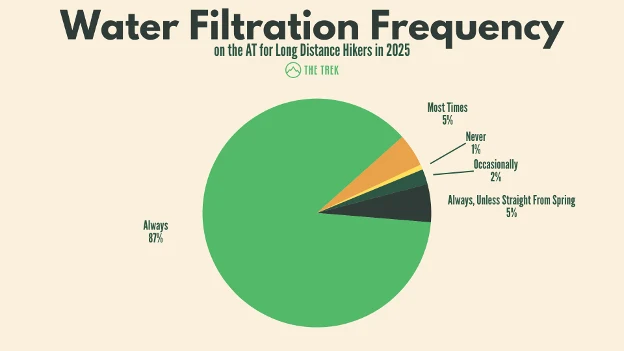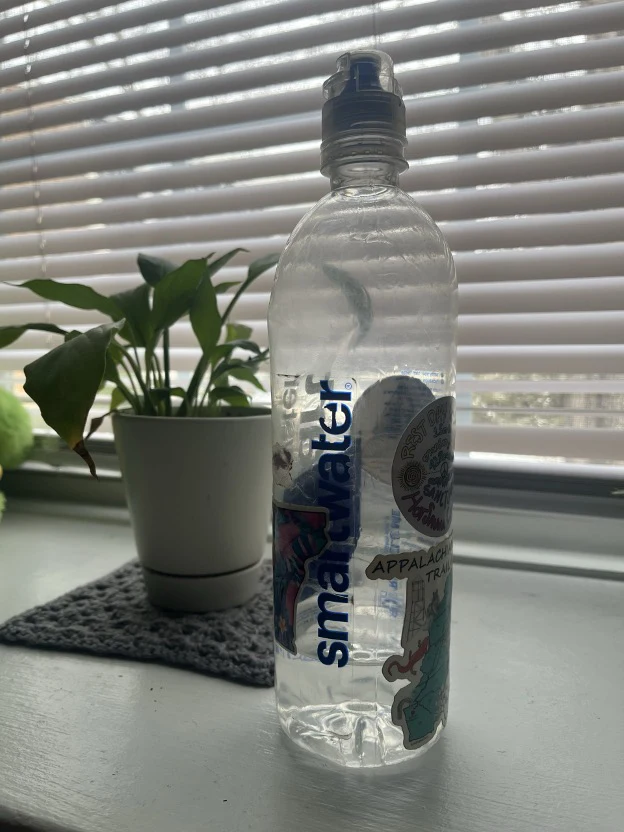Good Housekeeping : 13 sprays anti-insectes pour enfants et bébés pour vous protéger lors de votre prochaine sortie en famille
Good Housekeeping : 13 sprays anti-insectes pour enfants et bébés pour vous protéger lors de votre prochaine sortie en famille

Good Housekeeping : 13 sprays anti-insectes pour enfants et bébés pour vous protéger lors de votre prochaine sortie en famille
YouTube video highlight
En outre, tout ce que vous devez savoir sur le DEET, la picaridine et ce qui est le mieux pour se protéger contre les tiques et les moustiques.
Read more about the projectGood Housekeeping : 13 sprays anti-insectes pour enfants et bébés pour vous protéger lors de votre prochaine sortie en famille
En outre, tout ce que vous devez savoir sur le DEET, la picaridine et ce qui est le mieux pour se protéger contre les tiques et les moustiques.
As a parent, you’ll do nearly anything to ensure your kids stay healthy. That might include bribing them to eat more veggies, negotiating an acceptable amount of screen time, and yes, making them wear bug repellent when they’re outside. Your first instinct may be to avoid certain chemicals and reach for a “natural” insect repellent, but the truth is, many ingredients in “natural” products aren’t very effective at repelling ticks and mosquitoes. A simple bug bite may not seem like a big deal, but the health risks of exposure to those two pests are high as both mosquitoes and ticks can carry an array of diseases.
When picking out an insect repellent for kids and babies, your priority should be to choose one that’s registered with the Environmental Protection Agency (EPA). “EPA registration of skin-applied repellent products, including DEET, indicates that they have been evaluated and approved for human safety and effectiveness when applied according to instructions on the label,” says Robert Daguillard, a spokesperson for the EPA. “Our evaluation includes ensuring that the registered product does not harm vulnerable populations, including children and pregnant women.”
Here’s what you need to know about the most popular active ingredients in EPA-registered repellents.
Read the full guide form Kaitlyn Pirie on Good Housekeeping's website here.
Good Housekeeping : 13 sprays anti-insectes pour enfants et bébés pour vous protéger lors de votre prochaine sortie en famille


Good Housekeeping : 13 sprays anti-insectes pour enfants et bébés pour vous protéger lors de votre prochaine sortie en famille
En outre, tout ce que vous devez savoir sur le DEET, la picaridine et ce qui est le mieux pour se protéger contre les tiques et les moustiques.
As a parent, you’ll do nearly anything to ensure your kids stay healthy. That might include bribing them to eat more veggies, negotiating an acceptable amount of screen time, and yes, making them wear bug repellent when they’re outside. Your first instinct may be to avoid certain chemicals and reach for a “natural” insect repellent, but the truth is, many ingredients in “natural” products aren’t very effective at repelling ticks and mosquitoes. A simple bug bite may not seem like a big deal, but the health risks of exposure to those two pests are high as both mosquitoes and ticks can carry an array of diseases.
When picking out an insect repellent for kids and babies, your priority should be to choose one that’s registered with the Environmental Protection Agency (EPA). “EPA registration of skin-applied repellent products, including DEET, indicates that they have been evaluated and approved for human safety and effectiveness when applied according to instructions on the label,” says Robert Daguillard, a spokesperson for the EPA. “Our evaluation includes ensuring that the registered product does not harm vulnerable populations, including children and pregnant women.”
Here’s what you need to know about the most popular active ingredients in EPA-registered repellents.
Read the full guide form Kaitlyn Pirie on Good Housekeeping's website here.
Good Housekeeping : 13 sprays anti-insectes pour enfants et bébés pour vous protéger lors de votre prochaine sortie en famille


Good Housekeeping : 13 sprays anti-insectes pour enfants et bébés pour vous protéger lors de votre prochaine sortie en famille
En outre, tout ce que vous devez savoir sur le DEET, la picaridine et ce qui est le mieux pour se protéger contre les tiques et les moustiques.
As a parent, you’ll do nearly anything to ensure your kids stay healthy. That might include bribing them to eat more veggies, negotiating an acceptable amount of screen time, and yes, making them wear bug repellent when they’re outside. Your first instinct may be to avoid certain chemicals and reach for a “natural” insect repellent, but the truth is, many ingredients in “natural” products aren’t very effective at repelling ticks and mosquitoes. A simple bug bite may not seem like a big deal, but the health risks of exposure to those two pests are high as both mosquitoes and ticks can carry an array of diseases.
When picking out an insect repellent for kids and babies, your priority should be to choose one that’s registered with the Environmental Protection Agency (EPA). “EPA registration of skin-applied repellent products, including DEET, indicates that they have been evaluated and approved for human safety and effectiveness when applied according to instructions on the label,” says Robert Daguillard, a spokesperson for the EPA. “Our evaluation includes ensuring that the registered product does not harm vulnerable populations, including children and pregnant women.”
Here’s what you need to know about the most popular active ingredients in EPA-registered repellents.
Read the full guide form Kaitlyn Pirie on Good Housekeeping's website here.

























































































































